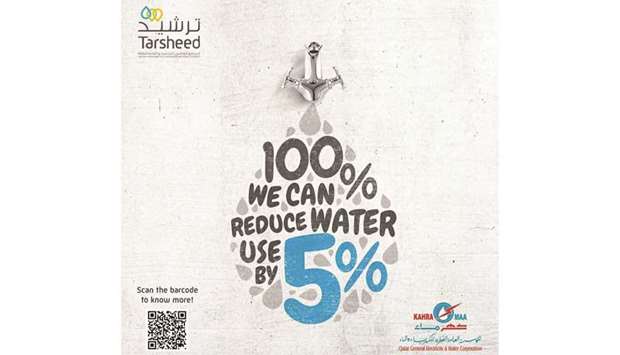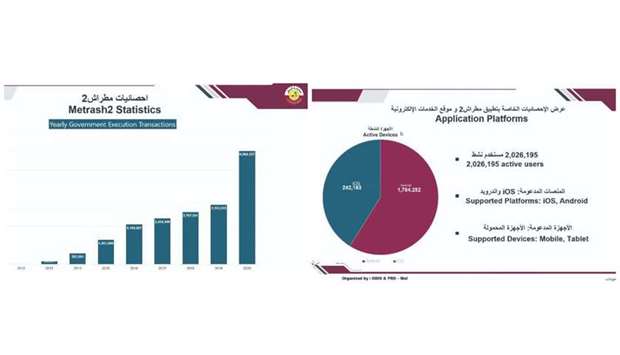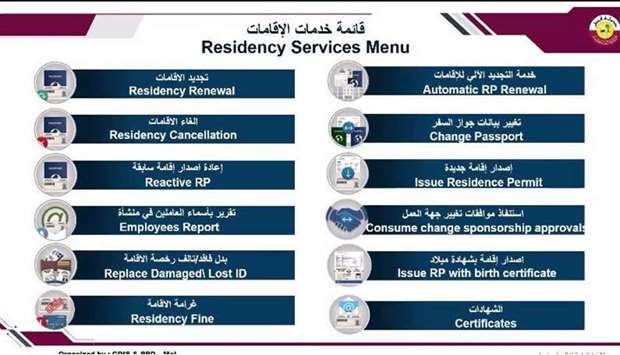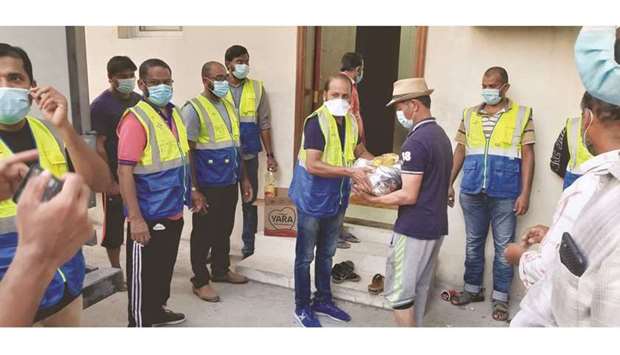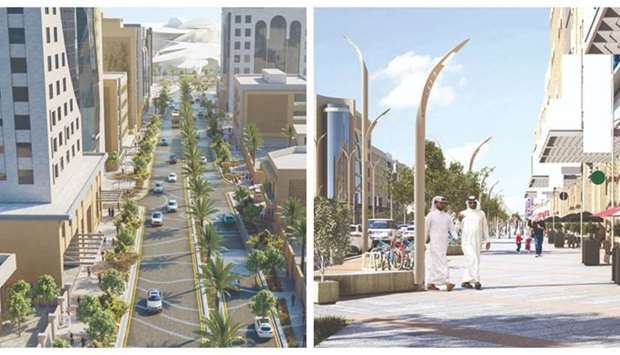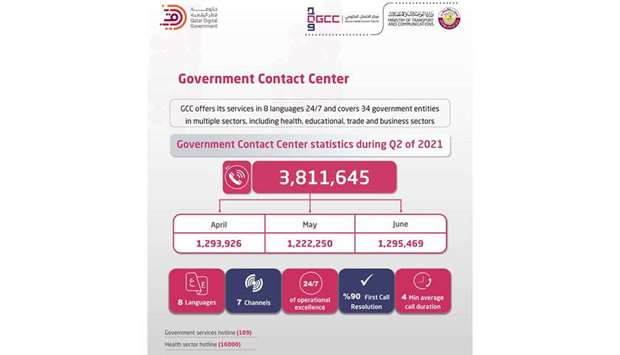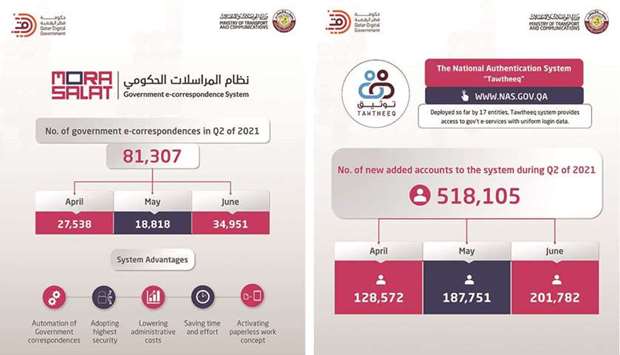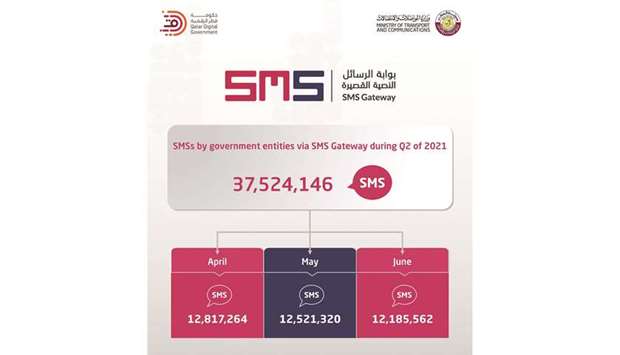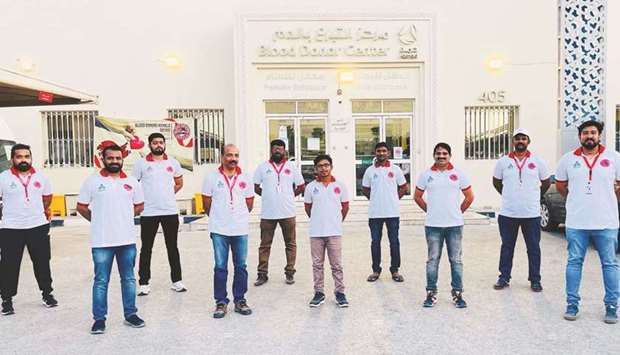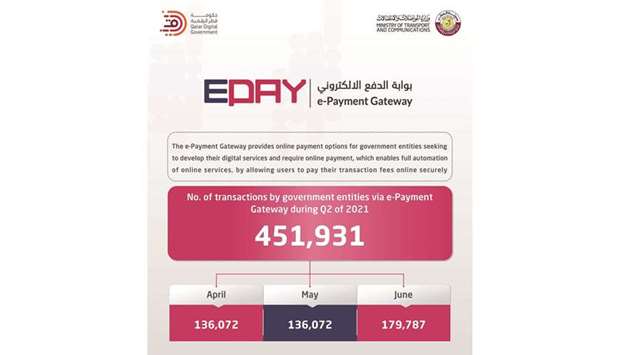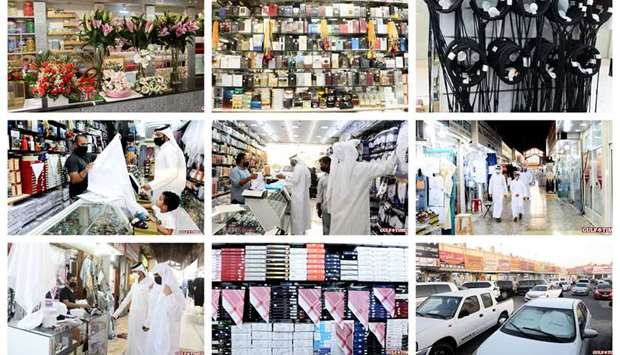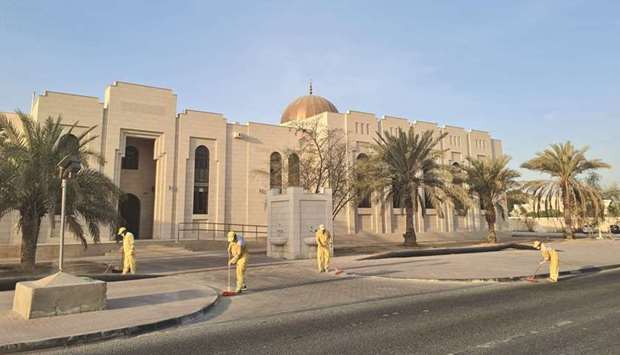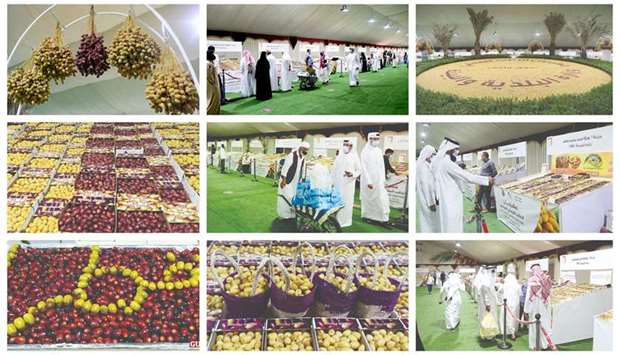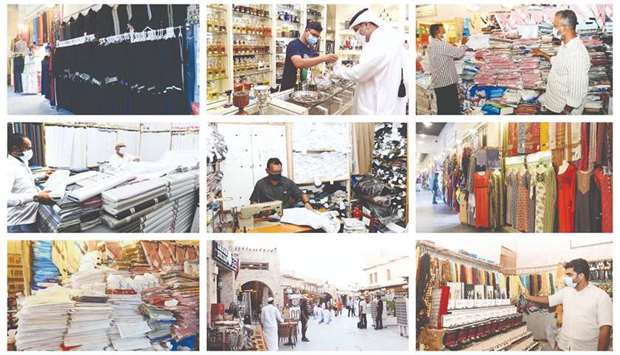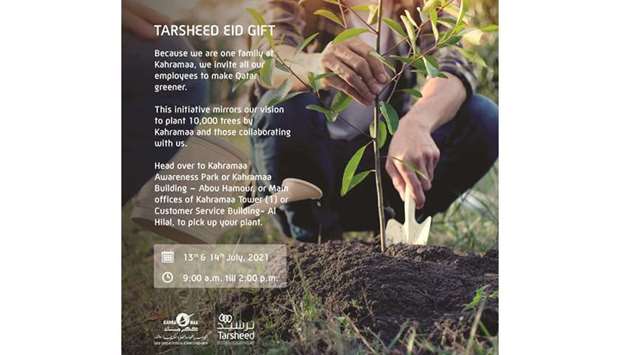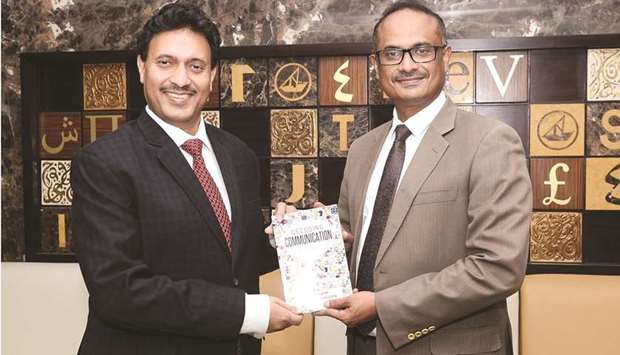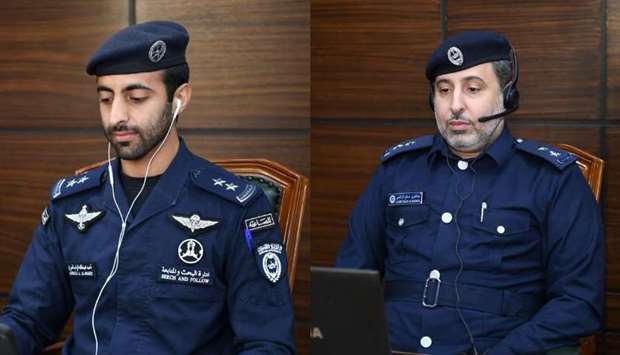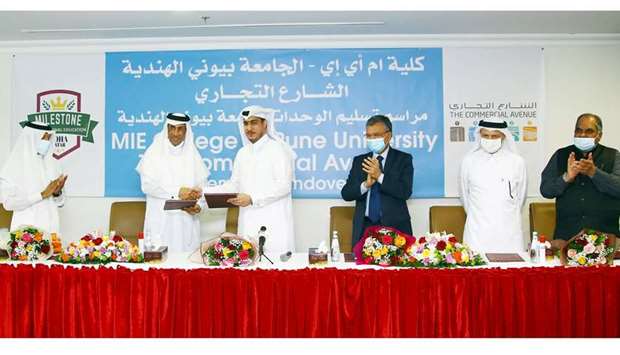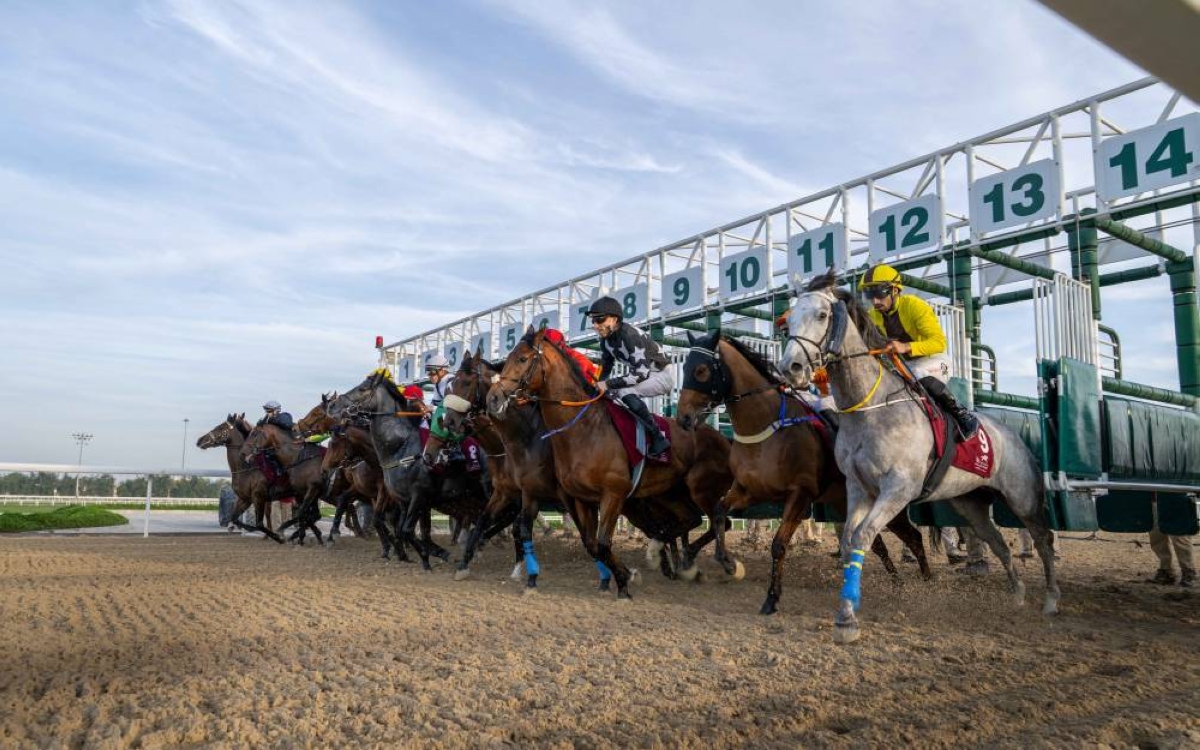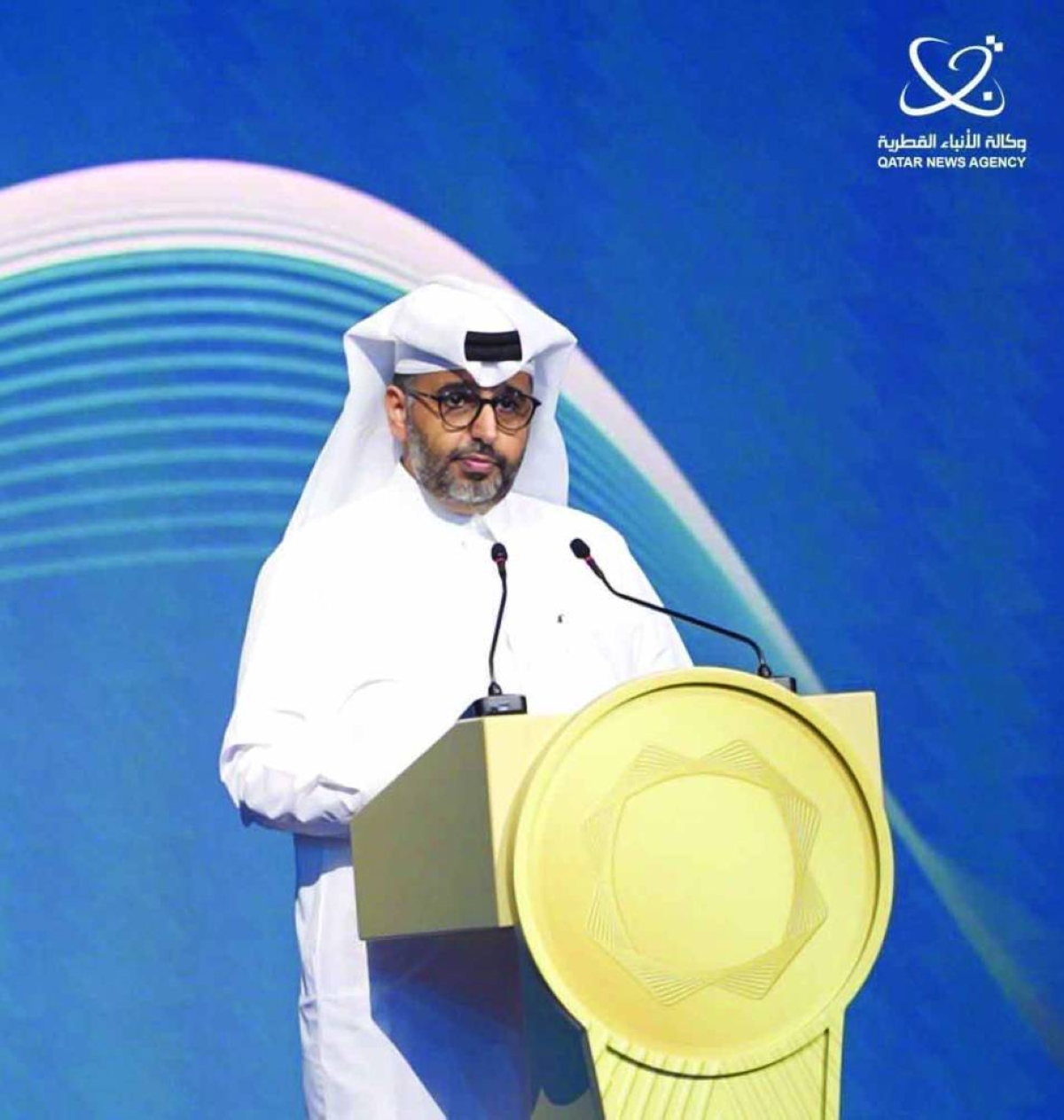With the initiative to reduce water and electricity consumption by 5% in the residential sector entering the third phase, the Qatar General Electricity and Water Corporation (Kahramaa), represented by the National Programme for Conservation and Energy Efficiency (Tarsheed), has urged the public to co-operate. A video shared by Tarsheed recently on its platform said users will be contacted by Kahramaa’s call centre 991 to give information and technical support regarding consumption reduction. Kahramaa has so far asked the customers to fill out the residential consumption questionnaire which is available on its website (https://forms.office.com/Pages/ResponsePage.aspx?id=wrLTTGTT8U2IjXG6Q6aSaIPHiBvakf5GiD2AK6hU8slURFpSTjNHRFVGMklNRjhWM0pKNEdXNlNFMi4u) as part of its efforts to assess the habits of water and electricity consumption. As part of the intensified ongoing awareness campaign, Kahramaa has published consumer guidelines while using AC, lamp, electric vehicle charging and other appliances. Also, the Corporation is sharing tips that help electricity and water consumers bring down consumption while helping the corporation achieve the goal. In April, Kahramaa, launched its initiative to obtain 5% reduction in consumption by using practical and available solutions at the lowest possible cost. Saving electricity by 5% is estimated at about 600 gigawatts per hour and saving 5% of water is about 11mn cu m. This is expected to help the country achieve savings estimated at about QR212mn. The third phase runs from August 1, 2021 to January 31, 2022. As per the plan, a interactive platform through an electronic application will be launched. This will provide a plan designed for each subscriber to achieve the efficiency of electricity and water use specifically in each house and according to the number of electrical appliances and the quality of water tools. The fourth phase will be run from February 1, 2022 to March 1, 2022 while evaluating the previous phases. Results of the initiative will be announced during this phase. The initiative contributes to Qatar National Vision 2030 by raising awareness, endorsing rationalisation techniques and promoting responsible consumer behaviour with detailed follow-up techniques being implemented to provide customers with support and guarantee long-term results. The initiative will be implemented in 2021 and 2022 in four basic phases. It’s designed according to the consumption pattern and housing type for everyone who takes part. The campaign is run in various phases that include filling out the residential consumption questionnaire, analysing the results of the questionnaires and launching an interactive platform on the Tarsheed page on the Kahramaa website to follow up on the participants on how to reduce 5% of the electricity and water consumption in every home. Besides, an interactive platform through an electronic application will be launched. This will provide a plan designed for each subscriber to achieve the efficiency of electricity and water use specifically in each house and according to the number of electrical appliances and the quality of water tools. Results of the efforts in various phases will be announced.

Most Read Stories

